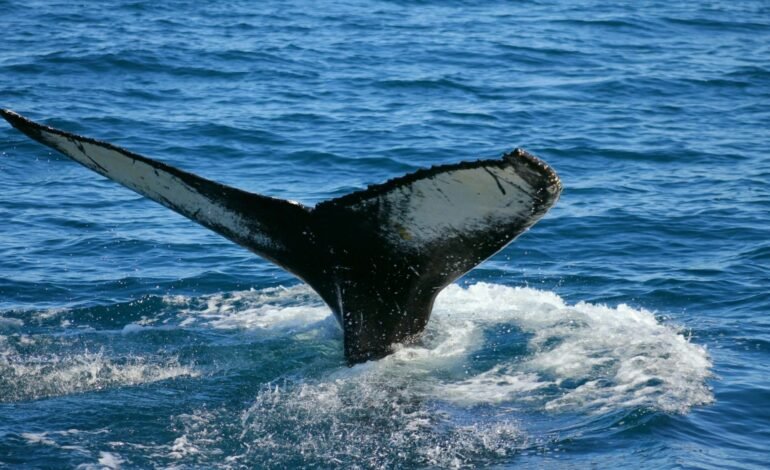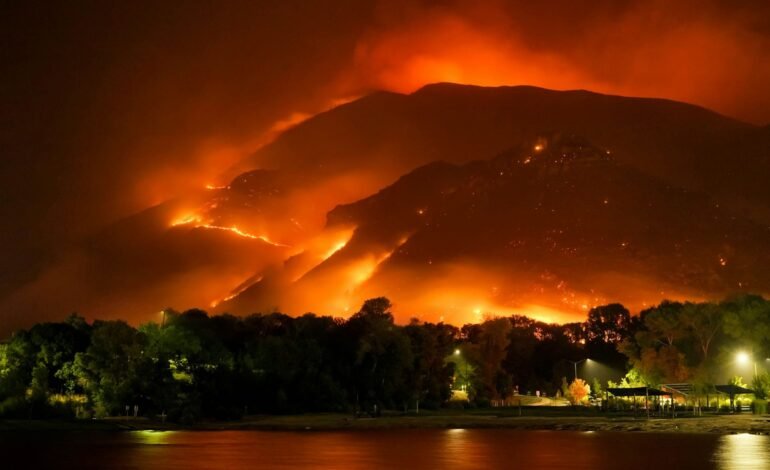Blue whales going silent worries scientists

The planet’s largest animals, the blue whales, are going silent, and this has scientists concerned for the animals. A study published in PLOS looked at six years of acoustic data from the ocean’s floors. It found that their vocalisations have decreased as their food sources dwindle.
The monitor, a hydrophone on the ocean floor off the Californian coast, collected sounds from multiple animals in the ocean, including various species of whales. The recordings coincidentally began during a marine heatwave that is reportedly unprecedented in modern times. According to the study, the heatwave meant less krill available, the main food source or blue whales.
The blue whales’ songs reportedly decreased by around 40% over the course of the acoustic collection.
“When you really break it down, it’s like trying to sing while you’re starving,” John Ryan, a biological oceanographer at the Monterey Bay Aquarium Research Institute told National Geographic. “They were spending all their time just trying to find food.”
The marine heating event began in 2013 when a dense pool of hot water, nicknamed “The Blob” travelled from the Bering Sea and the Gulf of Alaska all the way down the east coast of North America. Some places saw ocean temperatures over 4.5 degrees Fahrenheit higher than average. The Blob grew to cover an area 500 miles wide and 300 feet deep in the Pacific. By 2016, it had covered around 2,000 miles of the Pacific Ocean.
The rising temperature allowed toxic algae blooms which kill krill as well as other marine life.
“When we have these really hot years and marine heatwaves, it’s more than just temperature,” Kelly Benoit-Bird, a Monterey Bay Aquarium marine biologist and co-author of the paper told National Geographic. “The whole system changes, and we don’t get the krill. So the animals that rely only on krill are kind of out of luck.”
Blue whales are among the animals affected, feeding on krill. Without the tiny shrimp-like creatures, they would go hungry. According to Ryan, they stopped singing because they are “spending all their energy searching” for something to eat.
“There’s just not enough time left over, and that tells us those years are incredibly stressful,” he said.
Stay tuned to EyeOnLondon for the latest news and expert opinions.
Follow us on:
Subscribe to our YouTube channel for the latest videos and updates!
We value your thoughts! Share your feedback and help us make EyeOnLondon even better!









